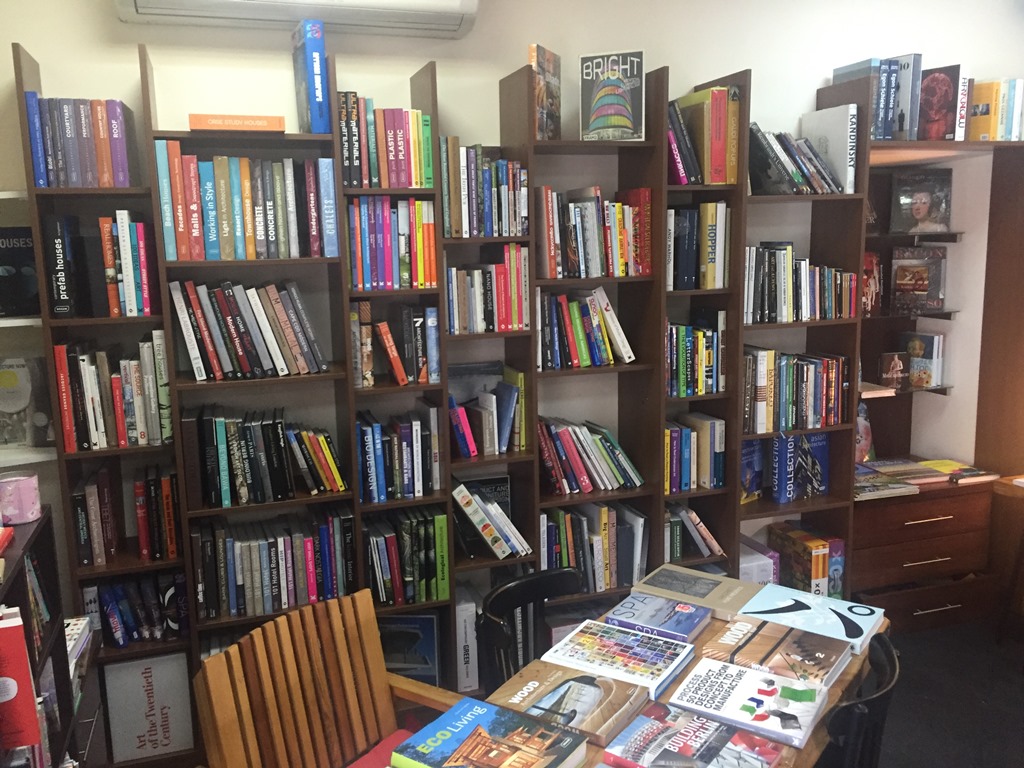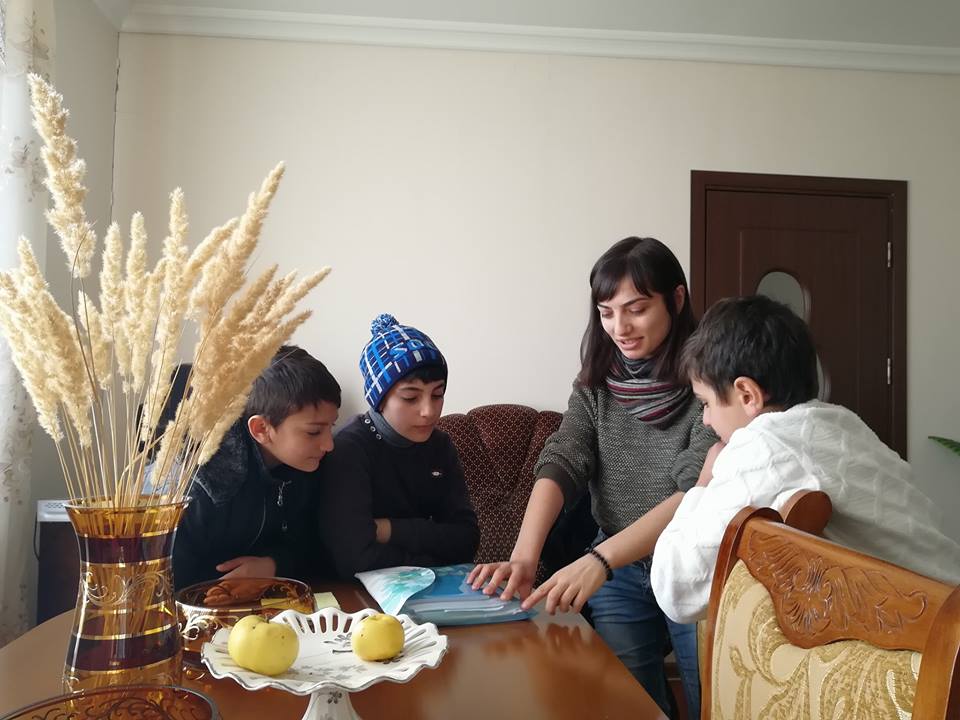
Book sales in Armenia
In recent years, Armenia has held frequent events to spark interest in books. The largest of these is the annual Yerevan Book Festival, which has been held since 2017.
The festival runs for three days, typically featuring over 50 publishers, organizations promoting and selling books, as well as well-known and emerging writers, literary critics, and readers. This year, more than 30,000 people attended the festival, with 12,000 books sold.
Bookstores have become more active on social media, maintaining ongoing communication with readers and introducing them to works by contemporary Armenian and foreign authors.
To attract new readers and retain their existing audience, publishers and bookstores organize various events, including public readings and discussions. Thematic discounts, such as those for Book Day, New Year, and other holidays, are also popular.
People participate actively in these events, discovering new authors and books and sharing this information with friends both in person and online, which helps boost sales.
Our survey in bookstores revealed that textbooks and professional literature are the most frequently purchased books in Armenia. However, fiction also remains highly popular.
- “Gradarak” – modern libraries for Armenian villages. Video
- Street art in Yerevan: a graffiti artist who does portraits
- Rooftop theater: when stage dreams come true. Vlog from Armenia
Reader’s opinions and expectations
Laura is an avid reader who regularly buys books from both local stores and international online shops.
According to her, books in Armenia are once again seen as valuable, just as in the past; however, prices have been rising as well:
“I mostly buy books when discounts are announced, with prices reduced by up to 30%. I stock up on books during these periods so I have enough to read until the next sale. The average price for a book is about 6,000 drams ($15.50). If you’re reading 5-6 books a month, the cost adds up.”
Laura believes that there should be special prices for dedicated book lovers like herself. She also suggests lower rates for certain social groups—students, researchers, people with disabilities, and pensioners.
“Each year, I notice an improvement in printing quality. Design, translation, and selection of authors and books are well thought-out. This is helped by the direct connection with readers. I often leave feedback on the Facebook pages of publishers or bookstores. Sometimes they ask for my number and call me to ask what international works I would like to see translated,” she shares.
Laura also feels that libraries should be updated with new publications and books by contemporary authors. She notes that regional library collections have gone years without updates, with worn-out books that no longer meet the needs of modern readers.
“Attention to books—both publishing and selling—is concentrated in the capital. Even in large regional cities, there aren’t many bookstores. People here cannot buy books online, and not all bookstores are willing to deliver to remote areas.”
“We don’t just publish books, we ensure they reach readers”
The publishing house Zangak was founded 27 years ago and is one of Armenia’s leaders in publishing. Zangak publishes books across a wide range of genres and distributes them through its bookstores, website, and social media pages. The publishing house sees its mission as promoting reading nationwide.
Zangak publishes literature for children and young adults, as well as translations of global bestsellers and works by Armenian authors.
“We don’t just publish books; we make sure they reach readers. In 2012, we opened our first bookstore, and now it’s one of Armenia’s largest bookstore chains. Zangak’s publishing and bookstore network complement each other, shaping the readership market and even influencing literary taste. Translation and editing quality are vital for us. We strive to create reliable, high-quality content,” says Zangak’s public relations officer, Susan Chichakyan.
She emphasizes that every book published by Zangak must meet specific standards, with the publishing house taking great care in selecting its publications.
“Of course, we consider the demands of our domestic audience. We regularly receive lists from bookstores of books our readers would like translated. We also receive many emails and calls, which is crucial for staying in touch with market demands and understanding genre preferences.”
According to Susan Chichakyan, their readers favor high-quality literature, but this is just one criterion for selecting books:
“We have a professional team that constantly studies the international book market. We aim to offer Armenian readers the best and most sought-after works worldwide. Sometimes, we translate important works of world literature that may not have high demand but are culturally significant, without regard to financial gain.”
To encourage reading among children, Zangak runs a three-month “Summer Reading” program. During this time, children read, exchange books with one another, and take part in discussions.
“It’s especially rewarding to see children reading and the enthusiasm of the participants. After all, today’s young reader is tomorrow’s thoughtful individual,” says the Zangak representative.
Zangak’s translated literature is also in high demand. Alongside newly published books, titles translated years ago still hold bestseller status, as well as professional books that are highly sought after.
“To fill the gap in professional literature, we translated several important books into Armenian this year, including Marketing from A to Z by Philip Kotler and Thinking, Fast and Slow by Daniel Kahneman, which were highly requested but not yet available in Armenian. We have more surprises in store. By the end of the year, we’ll publish several global bestsellers by Kazuo Ishiguro and Dan Brown,” Chichakyan adds.
The role of bookstores
Gratun is one of Yerevan’s smaller bookstores, with much more modest sales. However, thanks to additional printing services, the business manages to stay afloat. The primary customers are students and teachers from nearby schools.
“We have about 200 regular customers. Our focus is on meeting the literary interests and needs of a small audience. We’ve noticed that many people buy books as gifts, and that’s encouraging,” says bookstore consultant Anahit Manukyan.
According to her, the main sales are textbooks, test collections, and children’s books. To boost sales, they sometimes run promotions with significant discounts.
“In this way, we encourage reading and introduce people to new publications. Sometimes we’re willing to sell books without profit just to bring in new stock and promote reading. When a person buys a book at a discount a few times, they’re often more willing to pay full price next time.”
Manukyan adds that over the past three years, their numbers have gradually improved, and new customers are appearing. However, this is still not enough, so they are developing new plans to achieve more substantial results.
Follow us – Twitter | Facebook | Instagram
Book sales in Armenia



